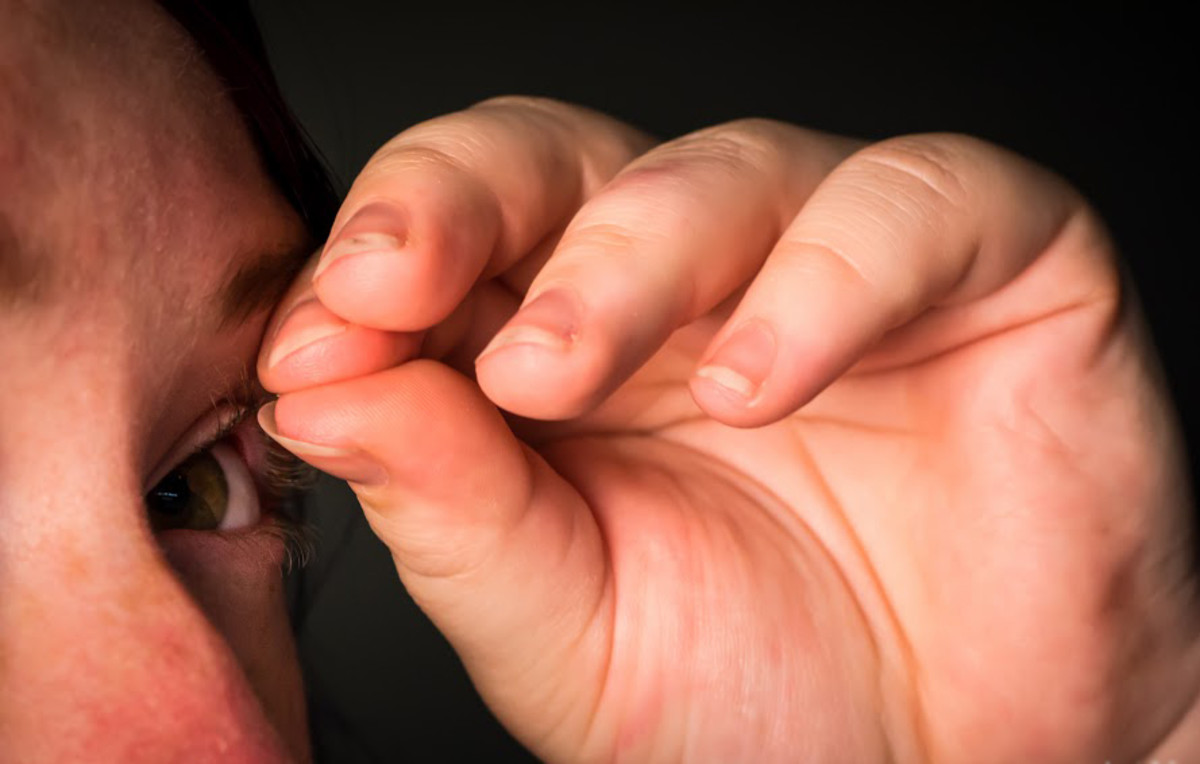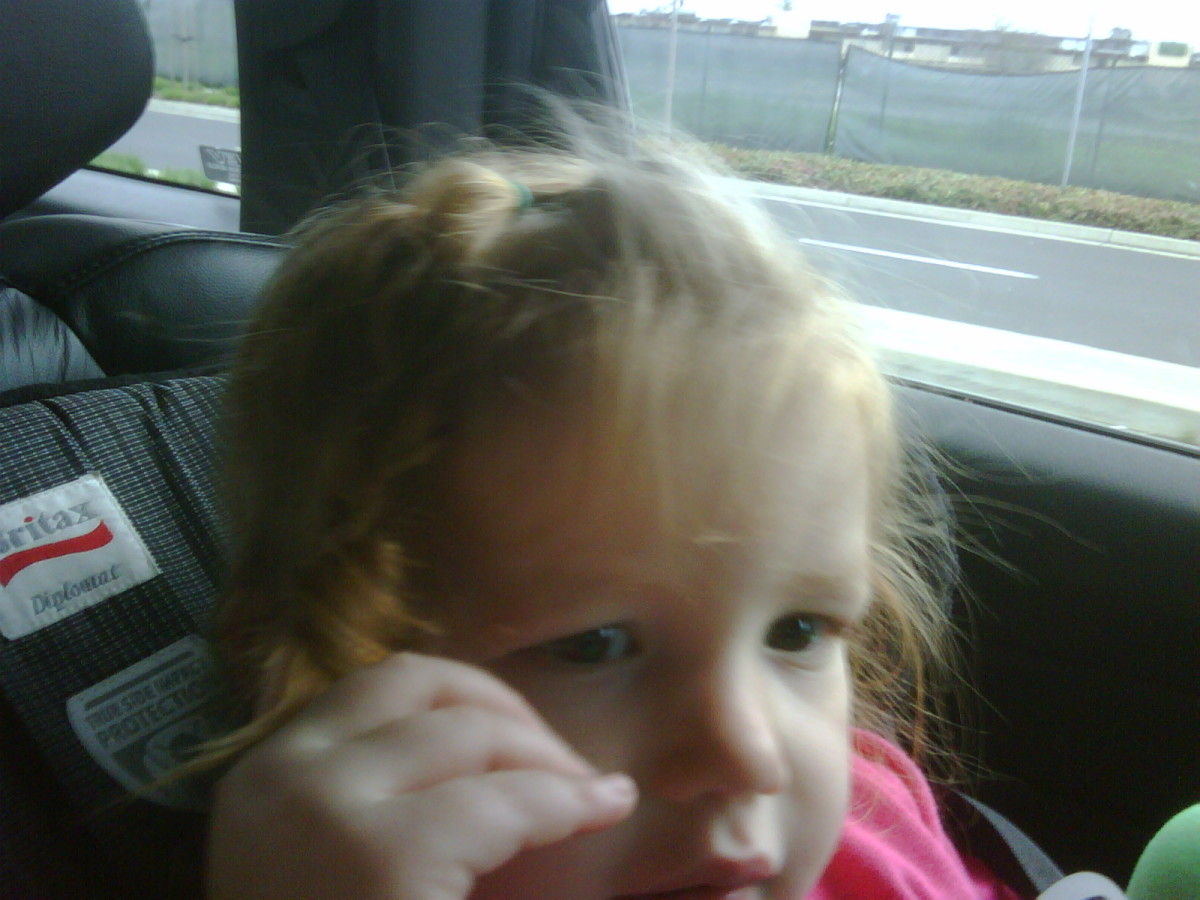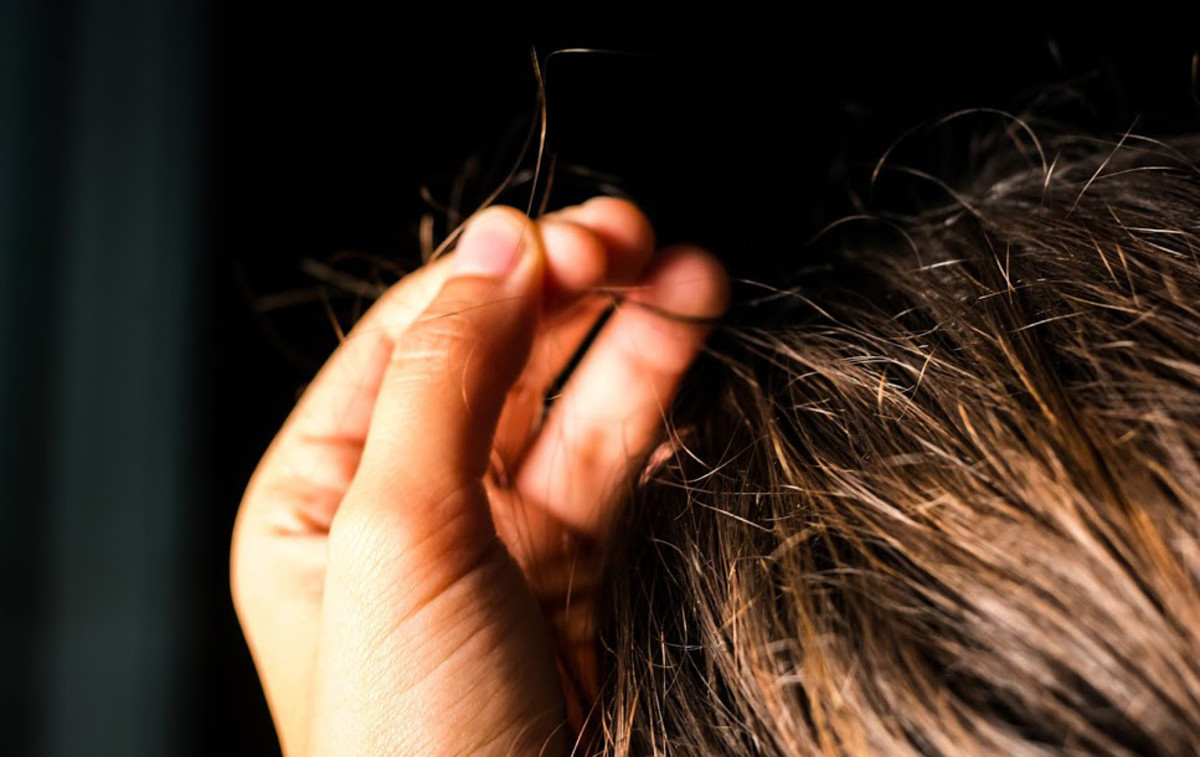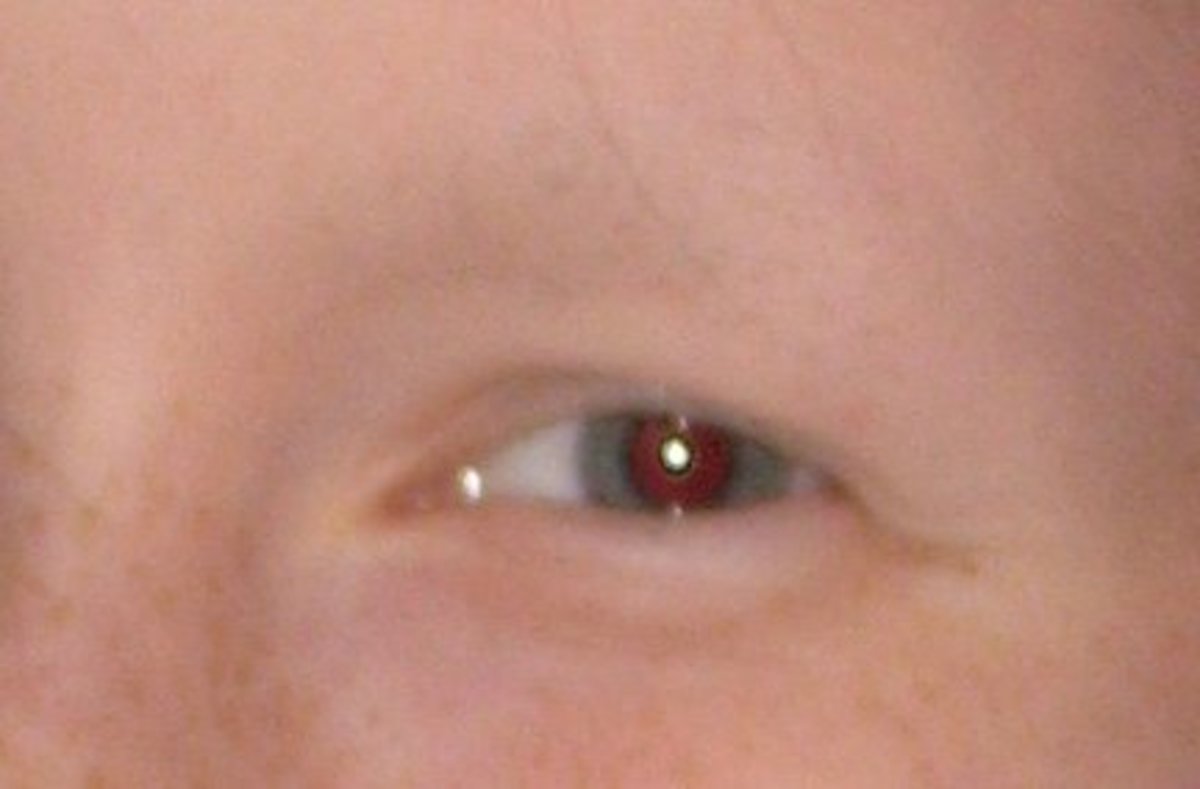Trichotillomania ~ A Hair-Pulling Compulsion
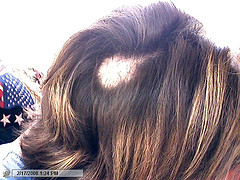
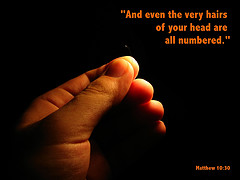
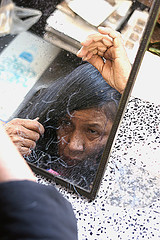
A Personal Struggle
Trichotillomania ~ A hair-pulling compulsion.
It is estimated that over 10 million people are suffering from some type of an obsessive-compulsive disorder. Up until now, people have had to live with the shame and isolation of not knowing why they have such a deep-seated need.
Most people who live through the pain of this psychological disease are very often quite intelligent, thoughtful and sensitive people. A common thread shared by sufferers is that they have a personality that thrives on perfection. The day to day coping that must be maintained in order to keep their compulsion going can be exhausting. Sometimes leading to thoughts that the future seems hopeless and even suicide. There are many forms of obsessive-compulsive disorders that exist and many new forms that are being discovered every day.
Trichotillomania is one form of OCD and can be one of the most insidious. What is it? The compulsion to repeatedly pull hair from one's self . The urge is uncontrollable and they often are left feeling helpless and frustrated. They are filled with a "pathological doubt", a feeling that this is something they must do or something horrible will happen. To these brave sufferers, this habit seems impossible to gain any control over and the mind chatter can be overwhelming. An incessant voice or voices that constantly demands it's needs met. Imagine the daily torture victims must endure.
Francois Henri Hallopeau, a French dermatologist, was the first to describe trichotillomania in 1889 to the medical community. The word mania leads one to believe the person suffering might be crazy, which can be very misleading. Pulling hair is an automatic impulse that even the victim might not be aware they have. Even when in the midst of the act, they seem unaware. There are also some who suffer that report an intense pleasure and soothing feeling that comes over them during and after the process is completed. In the mind of the afflicted, the hairs chosen to be pulled are somehow imperfect and in immediate need of removal. Eventually, after the hair is pulled out and the initial relief has left the mindset, they will ultimately be left with a horrible feeling of hopelessness.
Those who suffer from TTM also frequently pull the hairs from other parts of their bodies, including eyebrows, eyelashes, arms, legs, and even the pubic area. It doesn't stop there. Some severe cases transfer to pulling hair from pets, sofa cushions, and lint or fibers from their clothing. Because there is such a strong sense of immediate pleasure associated from this disorder, it can make this type of OCD, one of the most difficult to cure.
The people who have this compulsion struggle with low self-esteem and believe that they are responsible for their own demise. They are victims of a psychological disorder and are not to be blamed. TTM is in the early phases of being researched. There are several treatments being investigated such as behavioral therapy and some types of promising medications that may provide some immediate relief.
This is extremely emotional and impacts trichotillomania sufferer's in many ways. Sufferer's end up feeling they have to hide from the world and become prisoners in their own homes. It can also range from not wanting to have a relationship for fear of being found out to going to get a simple haircut and having to explain why they have random patches and bald spots. Because so few people have ever heard of this disease or understand it's profound complications, those dealing with this insidious disease are left feeling very isolated.
Hopefully, with more information and research, there will come an ultimate plan for healing and treatment that will allow recovery to be fully realized.


